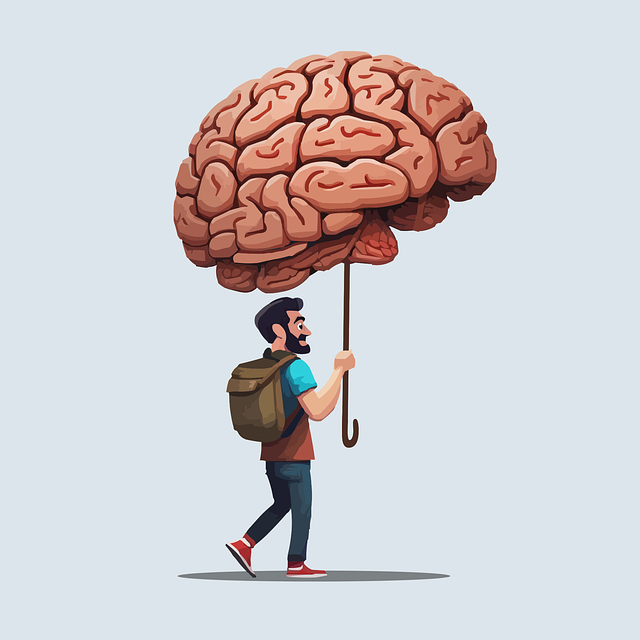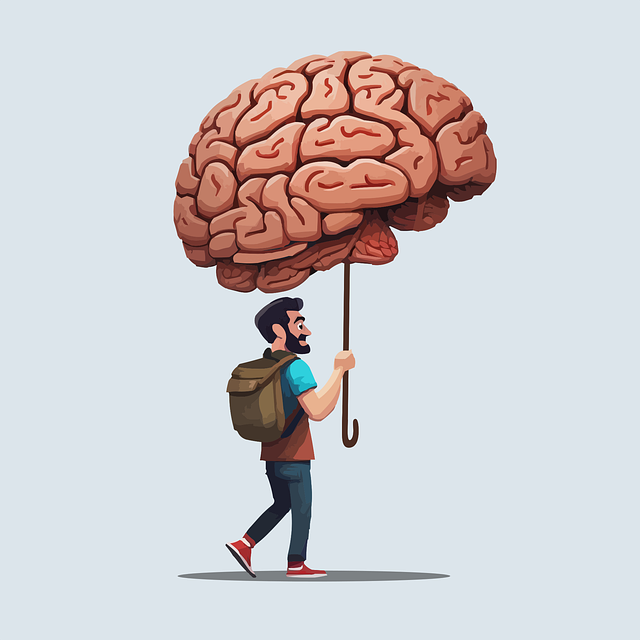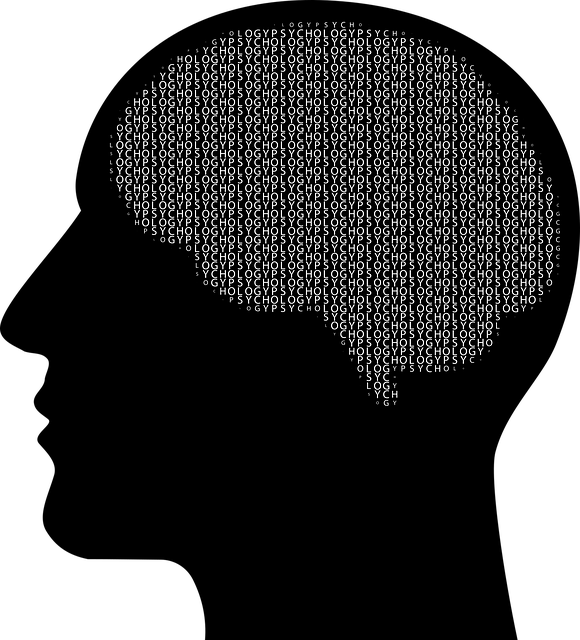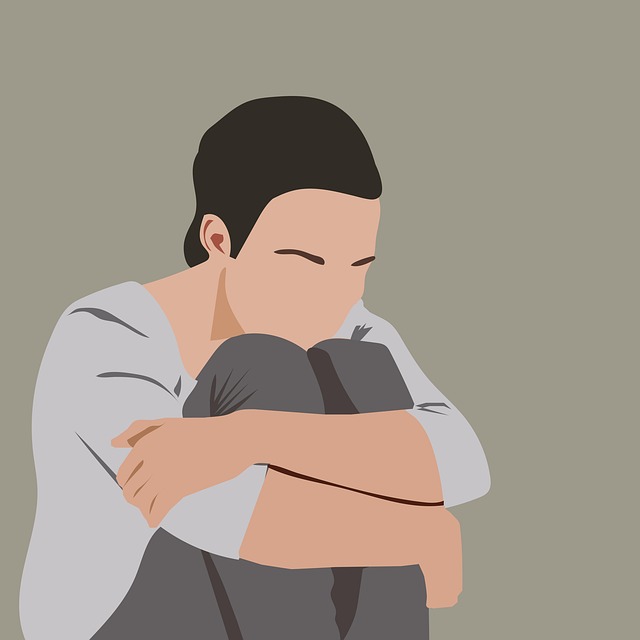Mental wellness groups for adolescent teens provide a safe space for peer support and open discussions about mental health challenges, encouraging self-care routines, and teaching coping strategies. Specifically tailored therapy sessions for young men address mens issues through mindfulness meditation, journaling exercises, and stress-reducing self-care practices. Group therapy enhances mood management skills but comes with challenges like confidentiality concerns and varying engagement levels. Evidence-based practices like Mental Health Policy Analysis improve outcomes for adolescent males navigating their mental health journeys.
“Unleashing Healing Power: Mastering Mental Wellness Group Facilitation for Adolescent Teens, with a Focus on Male-Specific Issues. This comprehensive guide explores the transformative potential of group therapy for teen mental health. We delve into the unique dynamics of facilitating support groups, offering strategies to address common challenges faced by adolescents.
From understanding the nuances of adolescent development to implementing effective techniques tailored for male teens’ issues, this article equips facilitators with valuable insights. Discover how group therapy benefits and overcomes barriers, fostering a nurturing environment for vulnerable young minds.”
- Understanding Mental Wellness Groups for Adolescent Teens
- Effective Facilitation Techniques for Male Teen Issues
- Group Therapy Benefits and Challenges in Adolescent Mental Health Support
Understanding Mental Wellness Groups for Adolescent Teens

Mental wellness groups offer a unique and supportive environment for adolescent teens to navigate their mental health challenges. These groups are designed to foster peer connections, provide a sense of belonging, and facilitate open discussions around various mental health topics relevant to young individuals. By creating a safe space, facilitators enable teens to explore and express their feelings, fears, and aspirations in a non-judgmental atmosphere. This collective approach to therapy for adolescent teens can be particularly powerful as it encourages self-care routine development for better mental health by normalizing conversations around mental wellness issues.
In these groups, facilitators often incorporate social skills training to enhance communication, assertiveness, and emotional regulation. By teaching effective coping strategies, such as stress reduction methods, adolescents gain valuable tools to manage their mental health proactively. The group dynamic also allows teens to learn from one another’s experiences, fostering a sense of community and reducing feelings of isolation commonly associated with adolescent mental health struggles. This supportive network can play a pivotal role in promoting positive mental wellness and overall well-being for young men grappling with mens issues.
Effective Facilitation Techniques for Male Teen Issues

Facilitating therapy sessions for male adolescent teens involves unique challenges and opportunities. Group settings can be particularly beneficial as they encourage peer support and foster a sense of community, crucial elements in addressing men’s issues. One effective technique is to Mindfulness Meditation practice incorporated into sessions. This helps individuals learn to stay grounded in the present moment, a valuable skill for managing anger or stress, common challenges faced by teens.
Additionally, encouraging Mental Wellness Journaling Exercises allows participants to process their emotions and experiences privately. Guidance through this activity can help them identify triggers and develop coping mechanisms. Facilitators should also promote Self-Care Practices as an integral part of the therapy process. This might include simple yet effective strategies like regular exercise, sufficient sleep, and engaging in hobbies to reduce stress. These techniques collectively contribute to enhancing the overall mental wellness of adolescent boys, offering them tools for lifelong resilience.
Group Therapy Benefits and Challenges in Adolescent Mental Health Support

Group therapy offers a unique and powerful approach to supporting adolescent mental health, providing a safe space for teens to connect with peers facing similar challenges. This therapeutic setting facilitates open dialogue, peer support, and shared experiences, which can significantly enhance mood management skills in young individuals. Through group interactions, adolescents learn to navigate social dynamics, develop coping strategies, and build resilience, all of which contribute to improved mental wellness.
However, facilitating group therapy for teens comes with its challenges. Confidentiality concerns, emotional intensity, and varying levels of engagement can make it a complex task. Facilitators must ensure a supportive environment while managing dynamic group interactions. Moreover, tailoring therapeutic techniques to the specific needs of adolescent males, addressing mens issues, is essential. Incorporating evidence-based practices, such as Mental Health Policy Analysis and Advocacy, and exploring innovative programs like Mental Wellness Coaching, can enhance the effectiveness of group therapy, ensuring better outcomes for young people navigating their mental health journeys.
Mental wellness groups play a pivotal role in supporting adolescent teens, especially those facing male-specific issues. By employing effective facilitation techniques, therapists can create safe and supportive environments that foster group therapy benefits such as enhanced social skills, improved self-esteem, and better coping strategies. While challenges like confidentiality concerns and varying engagement levels exist, navigating these obstacles with understanding and tailored approaches can significantly contribute to the positive development of young minds, offering a transformative journey towards mental wellness for adolescent teens with mens issues.










